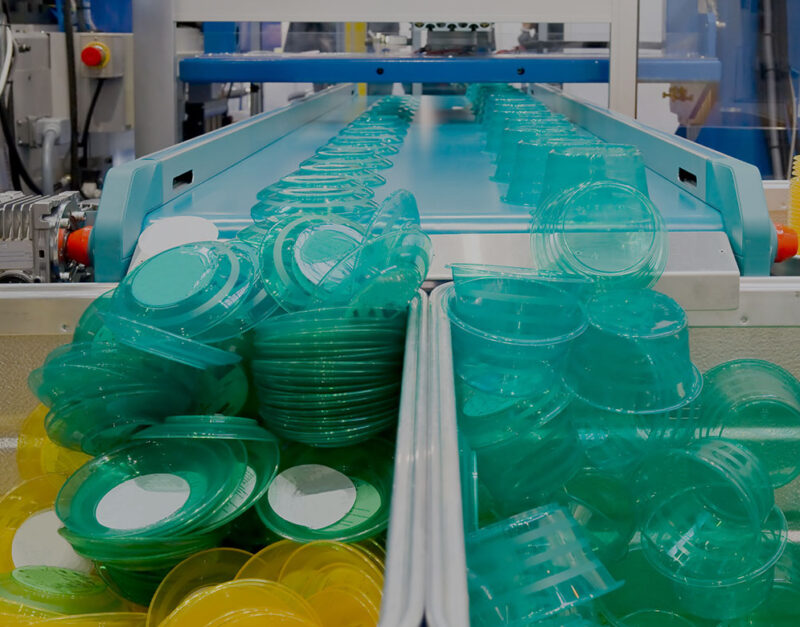 January 3, 2024
January 3, 2024 Toxic air pollutants will be significantly reduced along a notorious stretch of land in Southeastern Louisiana known as Cancer Alley, following a settlement reached in a federal lawsuit. The area is home to dozens of chemical plants that release hazardous emissions into the air.
The Environmental Protection Agency (EPA) announced the settlement with German chemical company Evonik Corporation, which has locations in Louisiana. The agreement will reduce cancer-causing air pollutants by more than 5.5 tons per year from a facility in St. John the Baptist Parish.
About the EPA Settlement
According to the settlement, Evonik must replace several pieces of equipment linked to large emissions, as well as implement a more robust leak-detection and repair program designed to reduce hazardous chemical emissions. These chemicals include known-carcinogen ethylene oxide, which is used in the production of plastic products. Annual emissions of ethylene oxide are expected to be cut by 2.16 tons as a result of the settlement.
Other features of the agreement include:
- A $75,000 penalty for Evonik to resolve violations at the facility
- A requirement for Evonik to implement a “Vapor Recovery System” to capture and reroute harmful chemicals when trucks load and unload. These measures are projected to reduce emissions by an additional 2.6 tons every year. This project is expected to be completed by late 2026.
What is Cancer Alley?
Cancer Alley is the nickname given to a 130-mile stretch along the Mississippi RIver in Southeastern Louisiana that is home to more than 200 industrial facilities such as chemical plants, oil refineries, plastics plants and other factories.
About 50 toxic chemicals pollute the air in Cancer Alley. These include:
- Ethylene oxide, classified by the EPA as a carcinogen and known to increase the risk of lymphoid cancer and breast cancer in women.
- Benzene, which the EPA also recognizes as a human carcinogen. Long-term exposure can lead to blood disorders and increases the risk of leukemia, while short-term exposure causes headaches, dizziness, skin irritation and other symptoms.
- Formaldehyde, which causes myeloid leukemia and rare cancers, according to the National Cancer Institute.
- Chloroprene, which is classified as a likely carcinogen by several agencies, including the EPA.
A 2012 study found that people living in Cancer Alley have a higher risk of developing cancer. In Cancer Alley, 46 individuals per million are at risk of developing cancer, compared with the national average of roughly 30 individuals per million.
The same study found evidence pointing to disparities in cancer risk based on income and race among individuals living in the area. The cancer risk was found to increase by 12 to 16 percent in areas with low-income and majority-black. This has prompted calls to halt expansion of the petrochemical industry in the region and to address the associated racial and economic disparities.
How We Help Victims of Benzene Exposure
Seek justice with the help of our experienced attorneys. Our Dallas, Texas, benzene law firm has battled corporate giants on behalf of individuals like you for 20 years, aggressively fighting to hold them responsible for dangerous chemicals and the personal injuries and cancers they cause. If you have suffered a catastrophic injury caused by dangerous products, we can help.


